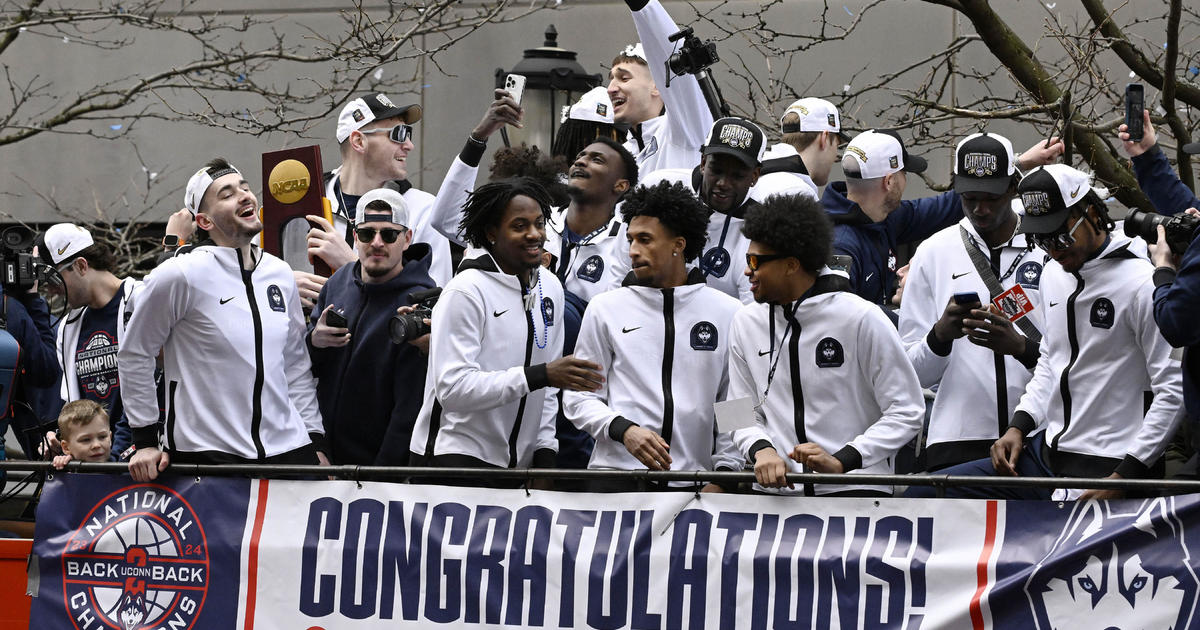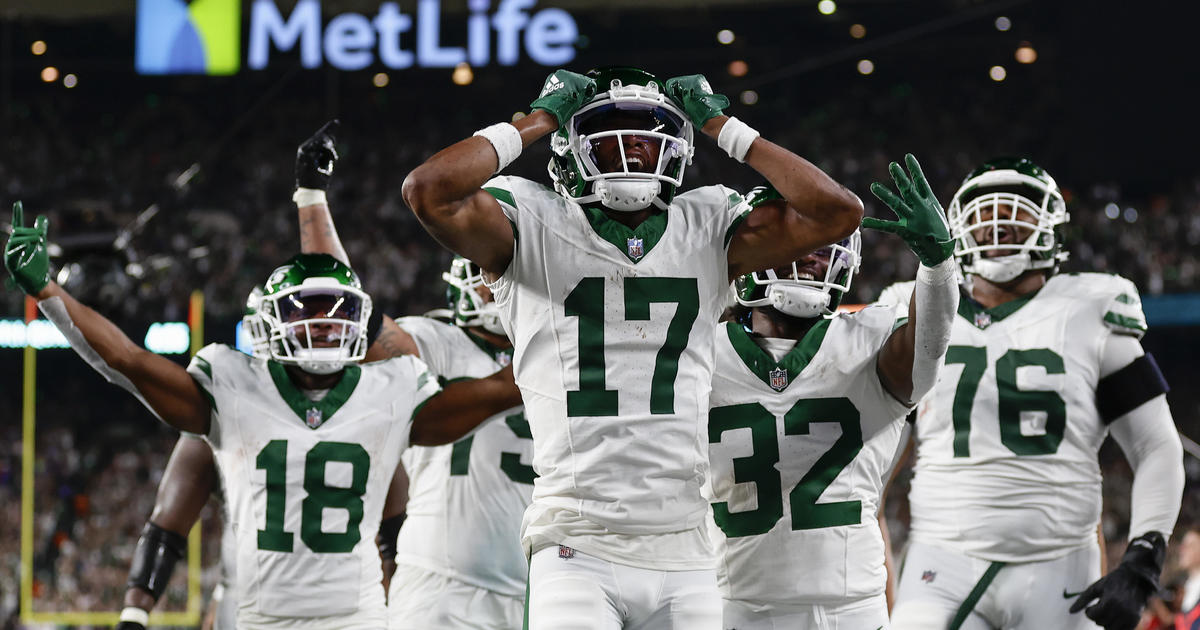Lichtenstein: NCAA To New Jersey -- Drop Dead!
By Steve Lichtenstein
» More Columns
We're used to hypocrisy from politicians. It's their job to say whatever it takes to get (re)elected.
But in my lifetime nothing compares with the nonsense spewing from the mouths of those running the National Collegiate Athletic Association.
In their latest salvo, the NCAA announced on Tuesday that it will be yanking various national collegiate tournaments from my home state of New Jersey. The reason? New Jersey is in the process of allowing its casinos and four race tracks to take bets on sporting events.
Now, I'm not sure how much action there is on Division III women's lacrosse games, so I'm presuming that this has a lot to do with basketball, specifically men's basketball. You see, college basketball history has been rife with tales of game fixing, both proven in courts of law and whispered in courts of public opinion. I'll go to my grave believing Mississippi State threw the 1996 semifinal to Syracuse despite not having heard a shred of evidence to support that claim.
After all, with the NCAA maintaining its draconian stance on player compensation while making billions in revenue off their performances, this was the Bulldogs' last chance to score, and I don't mean jump shots. Only a minute percentage of college basketball players ever get the opportunity to earn a living playing professionally. In theory, if one or two key players got involved with the wrong crowd and made some poor decisions… All I know is that Mississippi State played by far its worst game in months, committing 21 turnovers and bricking numerous open shots. Was it just a bad day against a frustrating opponent or something more sinister?
For this reason, the NCAA believes it is in its best interest to play in the moral high ground when it comes to gambling. "Gambling is evil. It has no place among our high-minded amateur ideals. We will sever all ties with any who have a remote connection to the gambling world."
Two problems with this:
First, even if you can't see the ugliness, it can still exist. By all accounts, underground gambling is a multi-billion dollar business. You don't think newspapers print out daily point spreads just in case you were thinking about visiting Las Vegas that day, did you? Why hasn't the NCAA banned members of media organizations that publish gambling information? (I'm sure they've thought about it but couldn't get around that annoying old First Amendment.)
All New Jersey, in dire straits financially like many states, did was vote on a bipartisan bill to collect its share of taxes on an activity its citizens were already undertaking. And in larger numbers. CNBC reported in 2009 that the estimated annual amount illegally wagered on college football was between $60-70 billion, with about $50 billion bet on college basketball.
Which brings me to the second issue—gambling has been GREAT BOON for all sports, and not just for the NCAA. The advent of new gambling games such as fantasy leagues and suicide pools have helped push the value of television rights for all leagues to all-time highs.
Especially that cash machine known as March Madness.
Every year, millions of Americans, many of whom have not watched more than a half of college basketball, spend (waste) countless hours poring through the brackets in a futile attempt to win a small jackpot in a pool. (I would have finished in the money in 1996 if Mississippi State played it straight, I mean, played better. Sorry, I will never forgive them).
CBS wouldn't get half its audience for a first-round Murray State/Colorodo State matchup if the public's rooting interests were limited to alumni and the players' families. Without these pools, the tournament might not be pushed into the wee hours on tape delay like in the pre-Magic/Bird era, but it would be more of an ESPNU property than CBS.
So the NCAA has to play out this charade that allowing gambling on games' outcomes in a few spots in New Jersey will ruin college athletics as we know it. They have removed six national championships that were slated for New Jersey sites in 2013, from sports ranging from wrestling to diving to volleyball.
The big one is the women's basketball Regional Finals in Trenton, about 20 minutes from my house. Trenton is a minor league city with major league urban issues. Though it's the state capital, Trenton usually only makes sports news when some revered Yankee needs to play a few rehab games for their Double-A farm club there.
The Sun National Bank Center previously served as host for the 2009 Regional Final as well as early-round games in 2006. The reviews were positive enough for Trenton to get selected to host again. Now that my 7-year-old daughter has learned how to play the game, I figured this would be a terrific event to take her and bond over a sporting event like I have done with my two sons.
Alas, I need to be punished by the NCAA for voting in the devils who sold out the state's soul for dirty cash.
Look, I get that gambling can be an addictive vice, but so are alcohol consumption and cigarette smoking. Our government allows them but also taxes the hell out of them. It's called the will of the people. No one roots for the Feds in Boardwalk Empire.
And I understand that the law signed by our political leaders is not free from its own, uh, conundrums. If sports' gambling is a legitimate enterprise, then why are New Jersey college teams and all collegiate events held in New Jersey forbidden to be wagered on? In this day where the world is connected through a click of the mouse, does anyone think that a lack of proximity to a New Jersey scholar-athlete creates enough of a shield from potential wrongdoing?
Don't bother trying to get a clear answer to those questions from the politicians. Reading their quotes gives me a headache, which I guess is why they call it "spin."
But New Jersey is the underdog here. In addition to the NCAA, just about every professional league is suing the state to prevent the law's implementation, tentatively scheduled for January. They're hoping it violates the federal law banning sports gambling in all states except those that were grandfathered, with New Jersey failing to meet the one-year deadline to waive the ban. Maybe New Jersey's good fight will be for naught.
Then again, maybe one day, when the government has nowhere else to turn, it can take a closer look at the NCAA's tax exemption status and all the revenue that enters its coffers through its "mission." What are the odds of that?
Are you with Steve on this? Be heard in the comments below!



